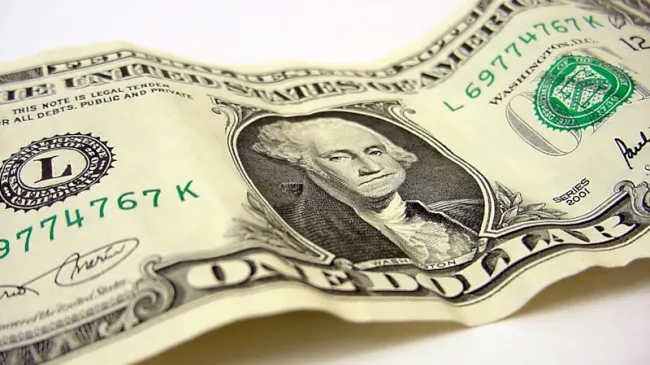Taxes and Spending
The History of Taxation
Charles Adams is a rare tax historian who leads us back to Greeks and Romans and the history of liberty. The Battle of Marathon was critical for Greek civilization to seize control of Western Civilization. The Greeks had no direct taxation, just indirect. This is what fostered liberty.
How Bush Busted the Budget
The Washington Post’s Jonathan Weisman recently scored a front-page story about President Bush that would have galvanized DC conservatives three years earlier if the same words had been written about President Clinton.
The Regulators Will Botch It Again
Gregory Bresiger explains all you need to know about the SEC's proposal to ban "soft dollars" in mutual fund management. Once again, the regulators and reformers are about to make the wrong decision, which means another generation of social engineers will have to come up with more reforms to correct the errors of the previous generation of reformers and busybodies.
The Mars Con
What are the costs of a mission to Mars? The $11 billion direct expenses are only the beginning, write Erich Mattei. The burdens also include taxation and inflation, the crowding out caused by state-sponsored research and development, the misallocation of physical and labor resources, the draining away of talent from the private sector, pollution, and many other hidden costs.
War Finance: Theory and History
The destruction of the gold dollar and the socialization of credit risk go together with the history of war. Warfare, whether victorious or not, retards the accumulation of productive and livable capital.
“Free” Education and Literacy
A common view promoted by advocates of "free" or public education is that a private system would lead many children to forego an education. Literacy rates would decline, and America would slide down a slippery slope toward low economic growth and stagnation. Barry Simpson looks at the history and finds that the opposite is true.
Bandits and Loopholes
What is a loophole? For the criminal mind, writes Lew Rockwell, the lock on your door, the combination code on your safe, and the weapon your keep for protection are all loopholes you use to escape the work he wants to do. If he had his way, all these loopholes that permit you to maintain privacy and security would be closed forthwith. The result for him would be vastly more revenue.
Making Enemies
Beware of trade restrictions, writes N. Joseph Potts; they are often followed by war. Iraq is only one case. The United States embargoed sales of scrap iron to Japan before the war with that country began in 1941, and probably worse, secretly colluded with Britain, China, and the Netherlands (which at the time controlled oilfields in Indonesia) to deny petroleum resources to Japan, a step still cited today in Japanese accounts of the causes of its war with the United States.
Deep in Debt
The Federal government, which sets the pace, reported a $555 million deficit for the 2003 fiscal year; its total debt is given at $6.783 trillion. For the next two years the budget deficits are estimated at $566 billion to $644 billion each, which should increase its total debt to more than $8 trillion, or some $27,000 for every man, woman, and child.









